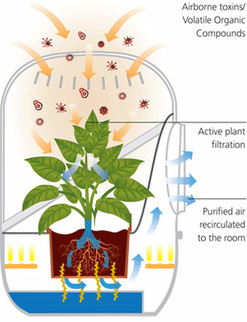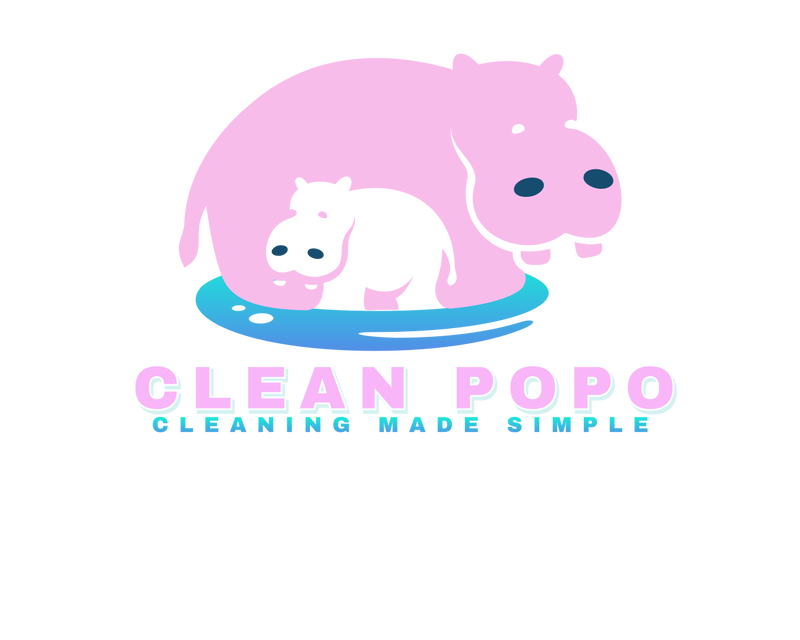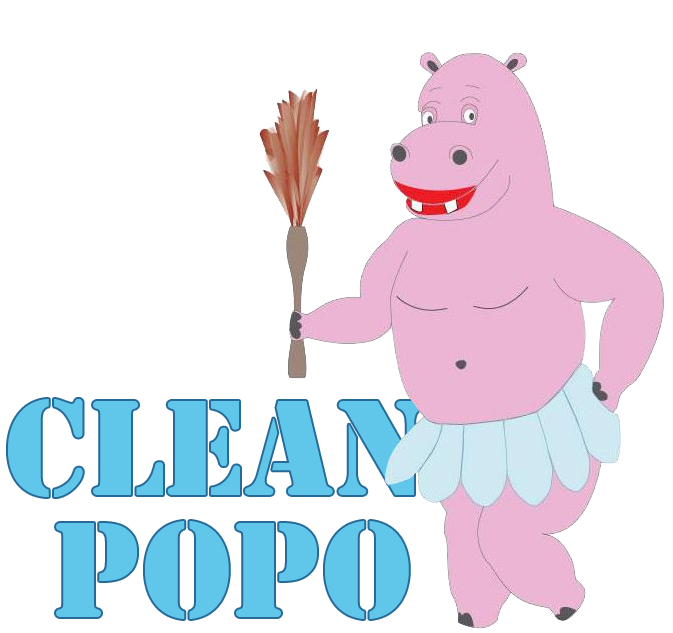 Indoor air quality is one of those big issues that is not often addressed. Air filters are left unchanged, fans undusted, and all sorts of nasty chemicals leak out of our everyday household goods into the air. This issue used to not be as big a deal, but since homes and other buildings are now built with much better insulation, air no longer cycles out of buildings as quickly. Although heating and cooling bills are lower, the tradeoff of being so well insulated is having a higher level of toxins and pollutants in the indoor air. To make matters worse, formaldehyde and other dangerous chemicals can often times be found in the same insulation being used to better seal the building! Think your home is void of these toxins and chemicals already? Think again! Benzene is in items such as ink, plastics, rubber, detergents, and synthetic fibers. Trichloroethylene is used in dry cleaning, lacquers, varnishes, and adhesives. Formaldehyde can be found in pressed-wood, fire retardants, cigarette smoke, and even natural gas. Did you know grocery bags and waxed paper contain small amounts of formaldehyde too? That's right... Just about every modern day processed consumer good has a little something that could use a little airing out! So what is to be done? Well, you can open a window, but then you lose all the savings you were hoping for when sealing and insulating your home. Another solution is to bring the outdoors indoors. The process of photosynthesis makes plants very efficient air purifiers, and all you have to do is water them as needed to keep this process going! No electricity or real energy required. According to NASA researchers, one potted plant per 100 square feet of space is all that is necessary to effectively filter indoor air. That means about 5 to 10 small to medium sized plants will keep the air fresh in an average 1 bedroom Hoboken apartment. Not sure what plants to use? If you are looking to maximize the filtering effect, mix a few of each category from the below options: Benzene filtering plants include: English ivy, dracaena marginata, warneckei, chrysanthemum, peace lily, and the gerbera daisy. Trichloroethylene filtering plants include: chrysanthemum, gerbera daisy, peace lily, and dracaena marginata. Formaldehyde filtering plants include: philodendron, azalea, golden pothos, chrysanthemum, bamboo palm, and the corn plant. If you were paying close attention, you might have noticed that the chrysanthemum is a is capable of filtering all three of these common toxins. This makes it a great choice as a general purpose air filtration plant. Looking to take the concept one step further? Herbs are also really great air filters, and you can use them to naturally perfume the air. Jasmine, mint, rosemary, lavender, and geranium are good herbal air fresheners and do not take up all that much real estate in the home. Why stop there? Ensure the cleanliness and freshness of your home by having Clean Popo stop by for regular cleaning services. Once a week, or once a month, we have what it takes to make your place sparkle. Contact us today!
1 Comment
|
|
(201) 690-7030
[email protected] 38 Jackson St, Hoboken, NJ 07030 Copyright © 2010 - 2024. Cleanpopo LLC. All rights reserved. |



 RSS Feed
RSS Feed